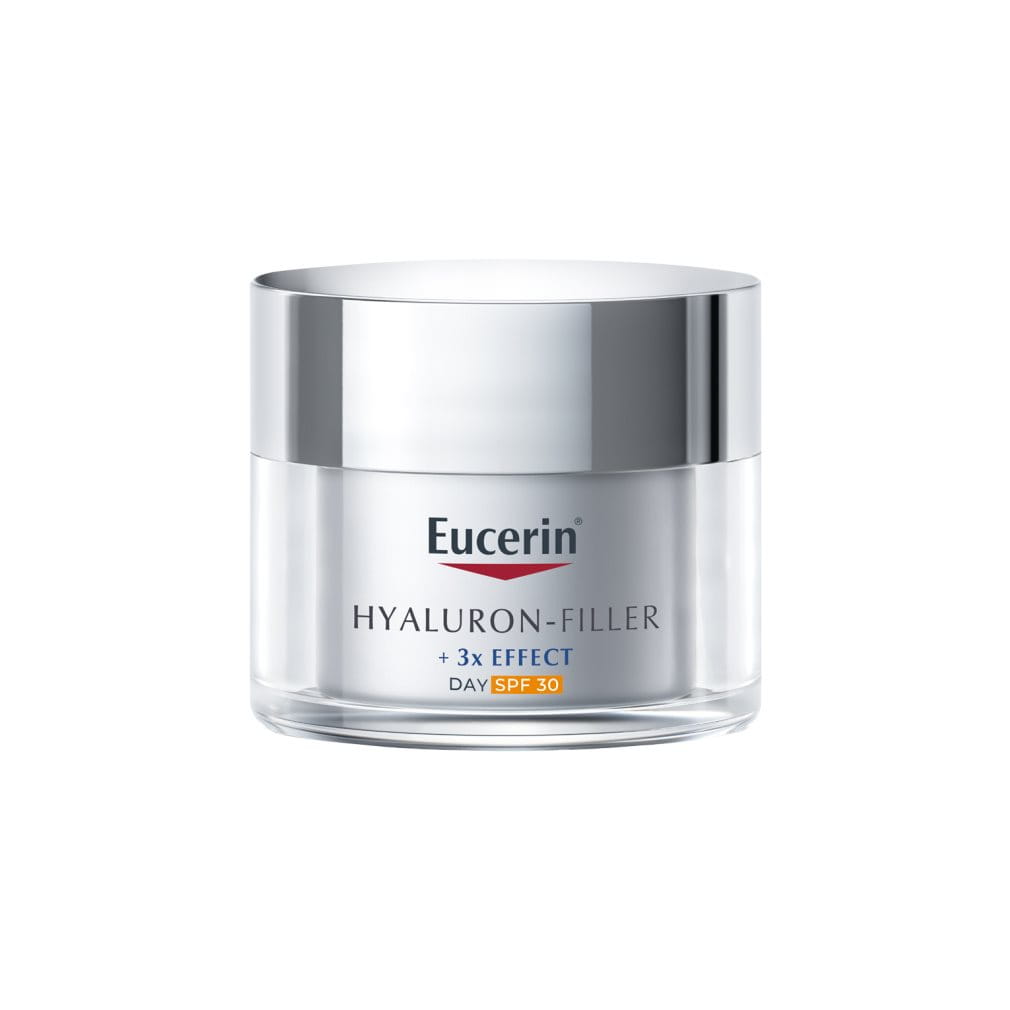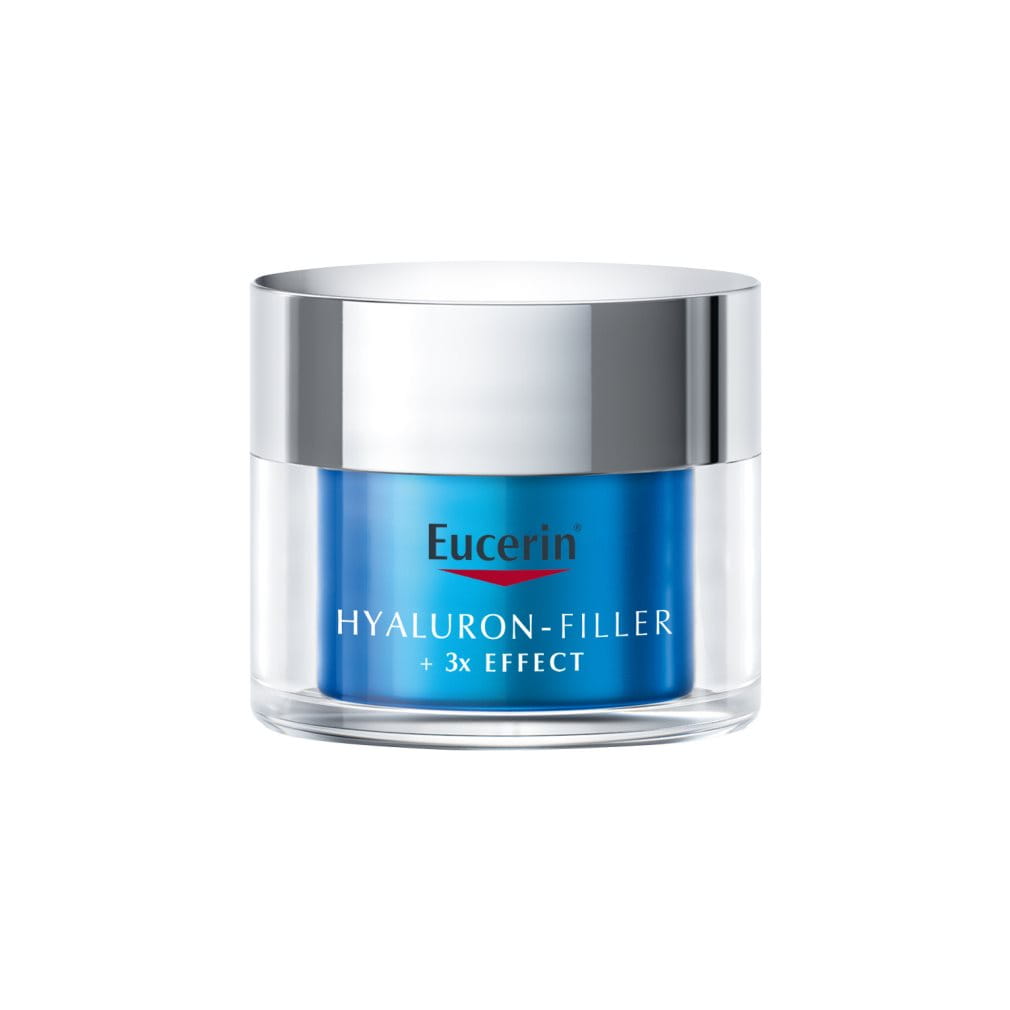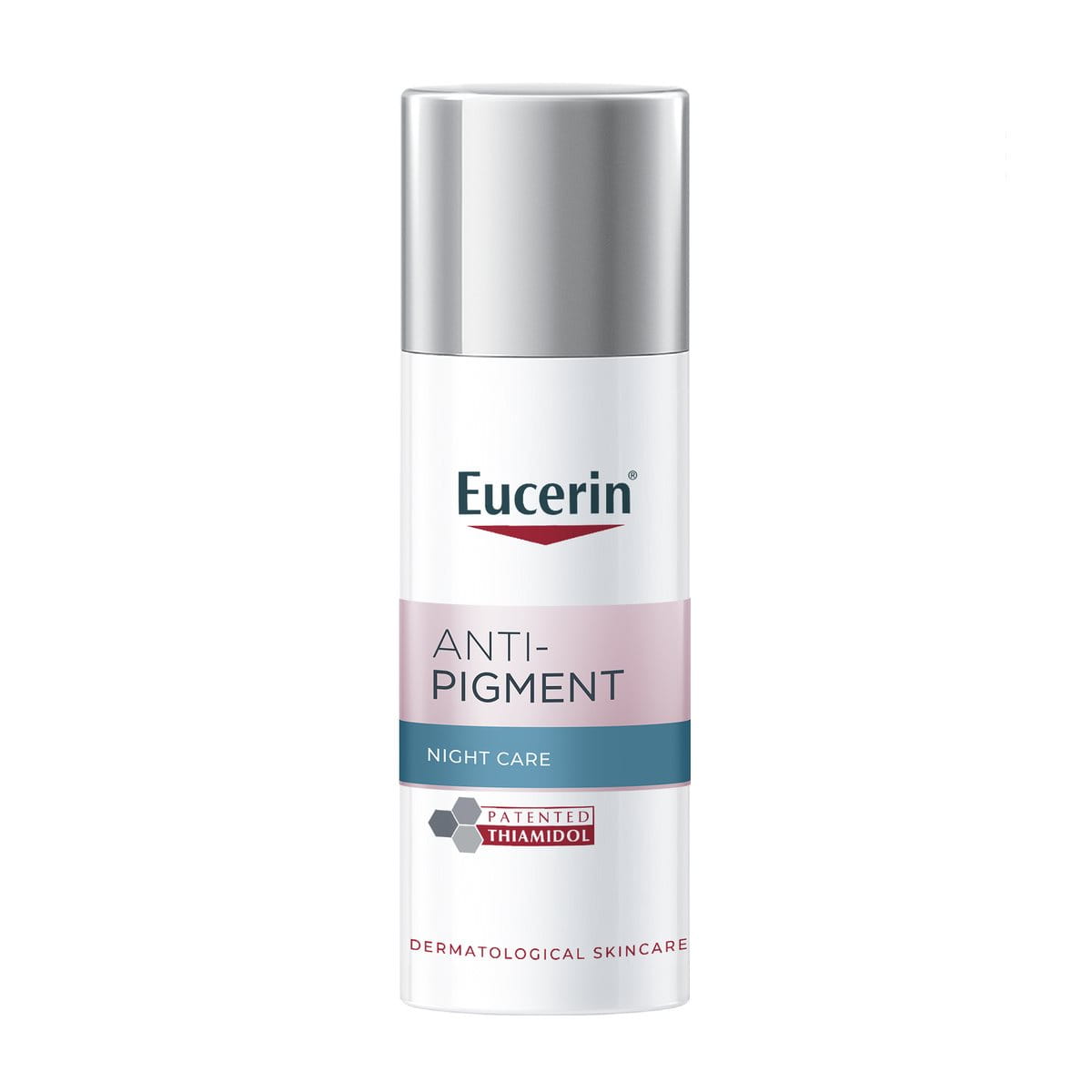Adding peptide skincare products to a daily routine doesn’t need to be complicated. Look for serums, creams, or masks that highlight peptides on their ingredient list, and layer products in the correct order to maximise absorption. Consistency matters most; using peptides regularly helps the skin receive steady signals that encourage repair and improve texture over time.
Peptide Serums, Creams, and Masks
Begin with a gentle cleanser to remove impurities without stripping moisture. While skin is slightly damp, apply a peptide serum. Serums deliver concentrated actives and allow peptides to reach the upper layers of skin quickly. Follow with a hydrating cream that contains humectants and emollients to seal moisture and extend peptide activity.
In the morning, protect and hydrate. The Hyaluron-Filler Day Cream SPF30 replenishes lost moisture and targets deeper-set wrinkles with a mix of high and low molecular weight hyaluronic acid while providing sun protection. Apply a peptide serum first, then the day cream with SPF to keep skin plump and shielded from daily UV stress.
At night, a peptide-rich treatment supports repair. The Hyaluron-Filler Moisture Booster Night cream is a gentle formulation featuring concentrated hyaluronic acid that visibly plumps up early wrinkles and leaves skin radiant and youthful by morning. Use this night cream after a peptide serum to boost overnight hydration and support renewal.
If skin needs an intensive boost, apply a peptide mask once or twice a week after cleansing. Masks increase the amount of active ingredients absorbed in a short time and help when skin feels dehydrated or dull. Choose masks that pair peptides with hydrating molecules to enhance plumping and glow.
Many ask whether peptides fit into routines that include other active ingredients. Peptides play well with antioxidants such as vitamin C and with humectants like hyaluronic acid. If you use strong exfoliants or retinoids, consider timing: apply peptides in the morning or on alternate nights to reduce potential irritation while still gaining benefits. This approach keeps routines simple and makes sure each active performs without overwhelming the skin.





